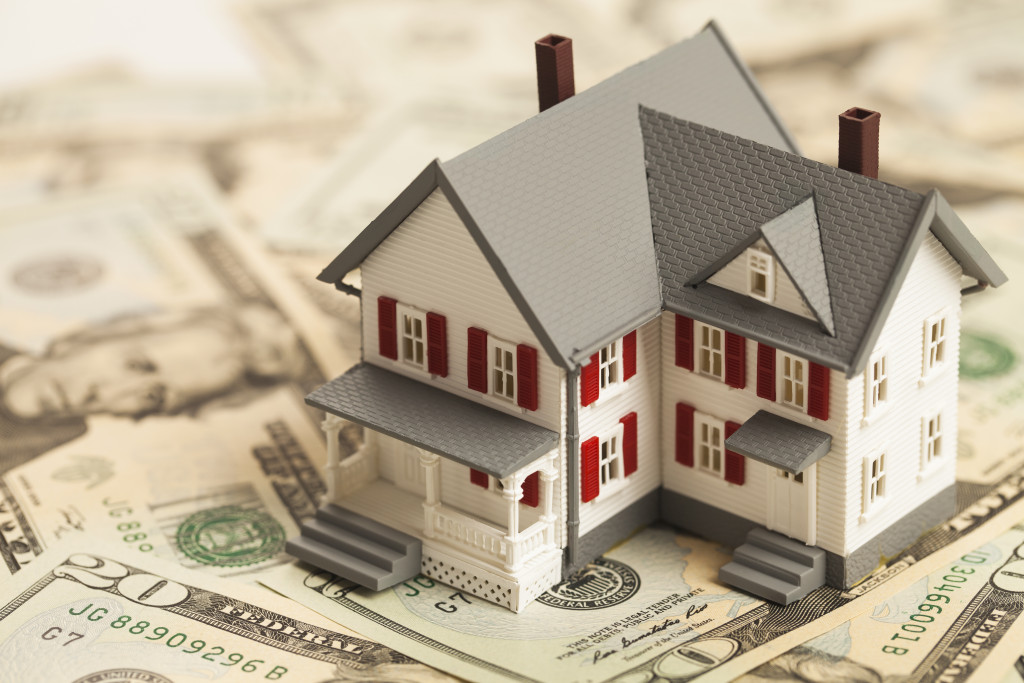- Buying a home can be expensive and require significant budgeting for both short-term and long-term costs.
- Down payments and mortgages are two key financial aspects to consider when purchasing a home.
- Flooding, liability, personal property, and dwelling insurance should be added to the budget.
- Property taxes are based on the location and value of the home and should also be considered when preparing financially for homeownership.
- Researching these costs beforehand is essential to better equip oneself before purchasing a new home.
Owning a home can be a significant financial burden for many people. While it can provide long-term financial stability and security, the short-term costs of homeownership are often challenging to manage. According to recent reports, one out of three Americans struggles each month to cover the cost of housing, including maintenance, utilities, and more. Additionally, more than half of homeowners spend more than 30% of their income on housing costs alone. What’s worse is some are spending half of their income. A substantial percentage of one’s budget could be used toward other basic expenses or retirement savings.
However, no one can deny the profitability of owning a home as an investment. Home prices typically increase by more than the inflation rate over time, and homeowners can benefit from any appreciation their property gains. Additionally, in certain circumstances, homeowners may be able to deduct mortgage-related expenses from their taxes.
Finances will be necessary to prepare when planning to buy a home. However, you might not know where to start. Here are a few areas of consideration when taking on the financials of homeownership:
Down Payment
A down payment is a home buyer’s initial payment when purchasing a house. It is usually a percentage of the total purchase price, often ranging between 5-20%. The higher the down payment, the lower the monthly mortgage payments. Additionally, many lenders require that buyers make a down payment of at least 20% to avoid paying private mortgage insurance (PMI).
There are several ways to secure money for a down payment. One way is to save over time and set aside extra funds in an emergency savings fund. Other options include taking advantage of first-time homebuyer programs and grants, borrowing from family members or friends, using existing retirement accounts such as 401(k)s or IRAs, or tapping into cash value from life insurance policies. Additionally, some employers may offer housing assistance programs or special loan terms for employees who plan to purchase a home. These approaches can provide a financial cushion for buying their first home.
Mortgage

The down payment might be the most significant factor in the home-buying process, but it is not the only one. Mortgage costs should also be taken into consideration before buying a home.
Mortgage payments are calculated based on the loan amount, interest rate, and loan term (typically 15 or 30 years). When applying for a mortgage, lenders will consider your credit score and debt-to-income ratio to determine if you qualify for specific rates. Searching for the best mortgage rates is essential to get the most affordable terms possible. Working with a financial advisor who can help guide you through this process may be beneficial.
Home Insurance

Homeowners insurance is essential to protect yourself and your property. It covers costs related to repairing or replacing damaged property and legal fees in the event of an accident on your property. Most lenders require homeowners insurance when you purchase a home, so it’s essential to factor this cost into the budget.
There are different insurance policies to get when you own a home. Here are a few:
Dwelling Insurance
Dwelling insurance covers the structure of your home and other systems on your property, such as a shed or fence. It also covers items like household appliances and furniture.
Liability Insurance
Liability insurance protects you from costs associated with someone getting injured on your property. If a guest is hurt while visiting, liability insurance can cover medical bills and legal expenses to protect her from financial loss.
Personal Property Insurance
Personal property insurance covers replacing belongings stolen or damaged at your home due to fire, wind, hail, smoke damage, vandalism, or theft. This coverage may apply both inside and outside of the house.
Flooding Insurance
Another insurance to get will be flooding insurance. This protects your home in the event of flooding caused by heavy rains or rising bodies of water, like rivers and streams. Flooding insurance is usually separate from homeowners insurance.
Property Taxes
Property taxes are taxes collected by local governments based on the value of your home. Property taxes vary from state to state and can be paid in lump sums annually or divided into monthly payments. Most lenders will factor this cost into the mortgage so that you don’t have to pay it out of pocket, but it is essential to understand how much you may owe each year before purchasing a home.
Final Thoughts
Taking care of the financials of homeownership is an essential part of the home-buying process. It involves researching and understanding the costs of purchasing a home, such as down payments, mortgages, insurance, and property taxes. By preparing for these costs beforehand, buyers can be better equipped when purchasing their new home.

